
David Espindola - Editor and Curator
The Great Collaboration
Dear Nexus Readers,
Picture this: You're sitting across from your doctor as they review your test results with an AI assistant whispering insights in their ear. Your child's teacher is crafting personalized lessons with artificial intelligence as their co-pilot. Meanwhile, headlines scream about the coming job apocalypse—yet unemployment remains stubbornly low.
Welcome to the messy, fascinating reality of our AI-integrated world.
In this issue of Nexus, we cut through the noise to answer the question keeping workers up at night: "Is AI really coming for my job?" The answer, as you'll discover, is far more nuanced than the doomsayers would have you believe.
Yes, AI is already embedded in our hospitals, classrooms, and boardrooms. But as our featured NBC News analysis reveals, despite all the corporate hype, we're still waiting for the promised wave of AI-driven job displacement. Instead, we're witnessing something more interesting: a complex dance of human-AI collaboration that's reshaping work without necessarily eliminating it.
The real story isn't about replacement—it's about transformation. While algorithmic tasks face disruption, humans bring something irreplaceable to the equation: our uniquely human capabilities that become more valuable, not less, as machines grow smarter.
This brings us to the heart of this issue: How do we remain distinctly human in an age of artificial intelligence?
Forbes poses the essential question: "How To Be Human In The Age of AI?" The answer lies not in competing with machines, but in doubling down on what makes us irreplaceably human. Groundbreaking research from Brown University reveals striking parallels between human and AI learning patterns—insights that don't diminish our uniqueness but illuminate how we can collaborate more effectively with our artificial counterparts.
Perhaps most critically, we explore emotional intelligence—that quintessentially human trait that may be our greatest competitive advantage. As AI masters cognitive tasks, our ability to navigate complex emotions, build authentic relationships, and lead with empathy becomes not just valuable, but essential.
The future isn't about humans versus machines. It's about humans with machines, each bringing their strengths to create something greater than the sum of their parts.
Ready to explore this brave new world of collaboration? Dive in, and discover how to thrive—not just survive—in the age of artificial intelligence.
P.S. If you're finding value in these insights, consider sharing Nexus with colleagues who are navigating the same questions. And if your organization is grappling with AI's impact on leadership and work, I'd love to explore how we can bring these conversations to your team. You can learn more about my speaking engagements here.
Warmly,
David Espindola
Editor in Chief, Nexus: Exploring the Frontiers of Intelligence
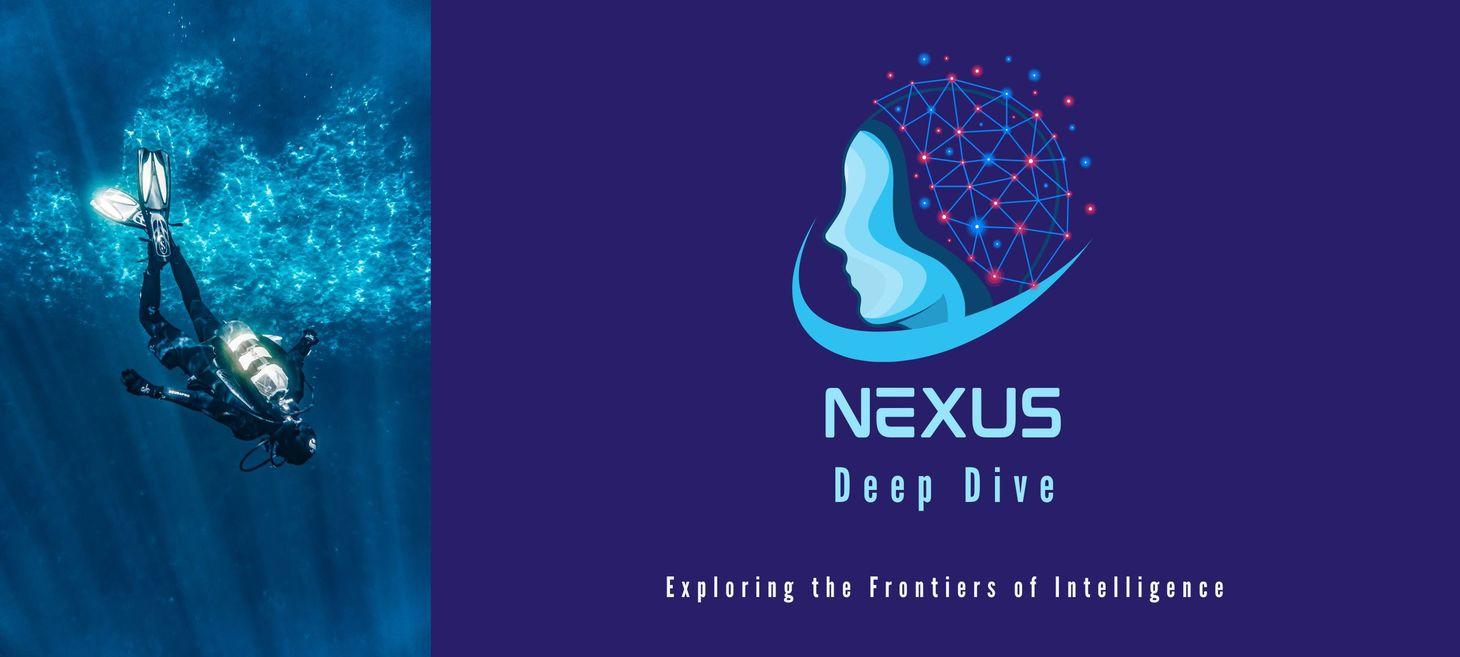
Nexus Deep Dive - Episode 15
If you prefer to consume the content of this publication in audio, head over to Nexus Deep Dive and enjoy the fun and engaging podcast-style discussion.
Nexus Deep Dive is an AI-generated conversation in podcast style where the hosts talk about the content of each issue of Nexus.
Artificial Intelligence
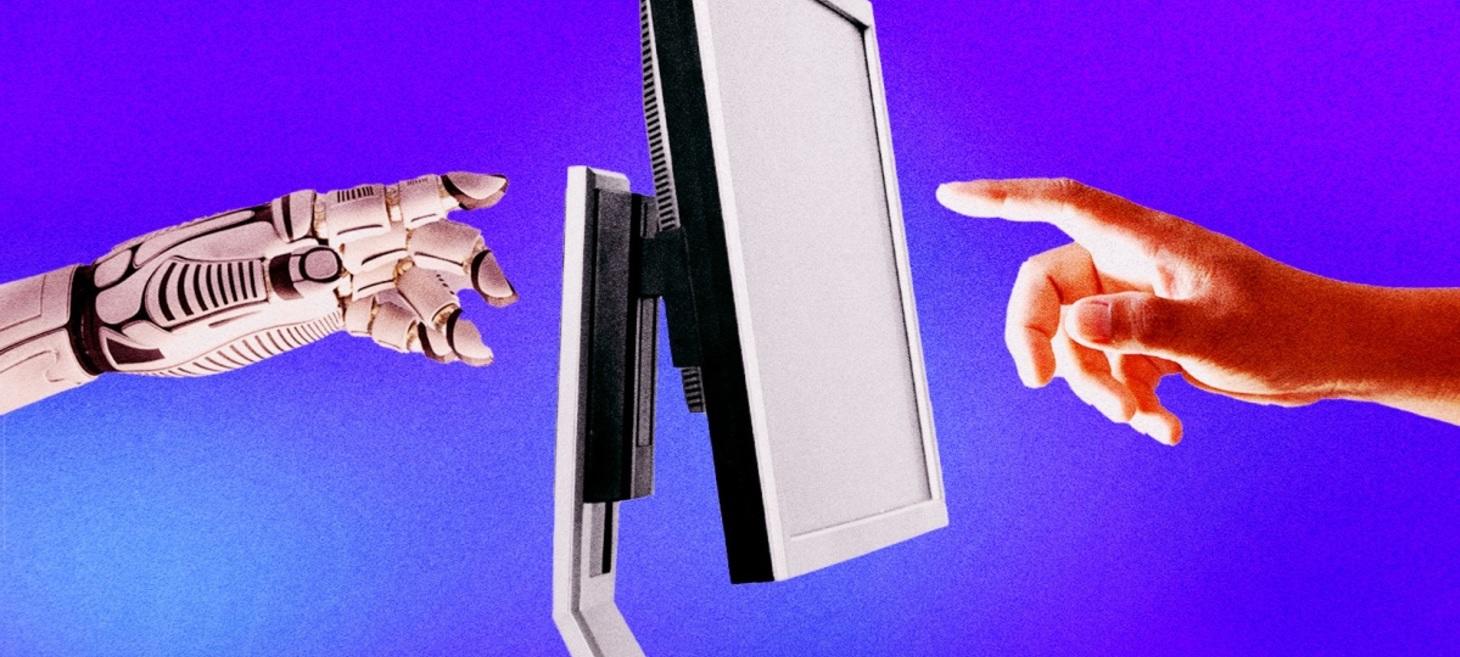
Not today, AI: Despite corporate hype, few signs that the tech is taking jobs — yet
This article discusses the current, limited impact of artificial intelligence (AI) on the job market, despite significant corporate hype. While some companies, particularly in tech, have cited AI in job reductions, widespread evidence of AI-driven job displacement across various sectors is largely absent. The article highlights that any economic benefits from AI are presently accruing more to consumers than businesses, and that broader economic factors are more responsible for recent job cuts than AI. Experts suggest that while AI will transform jobs and potentially create new ones, a significant, negative impact on overall employment has not yet materialized, though it could increase during a future recession.
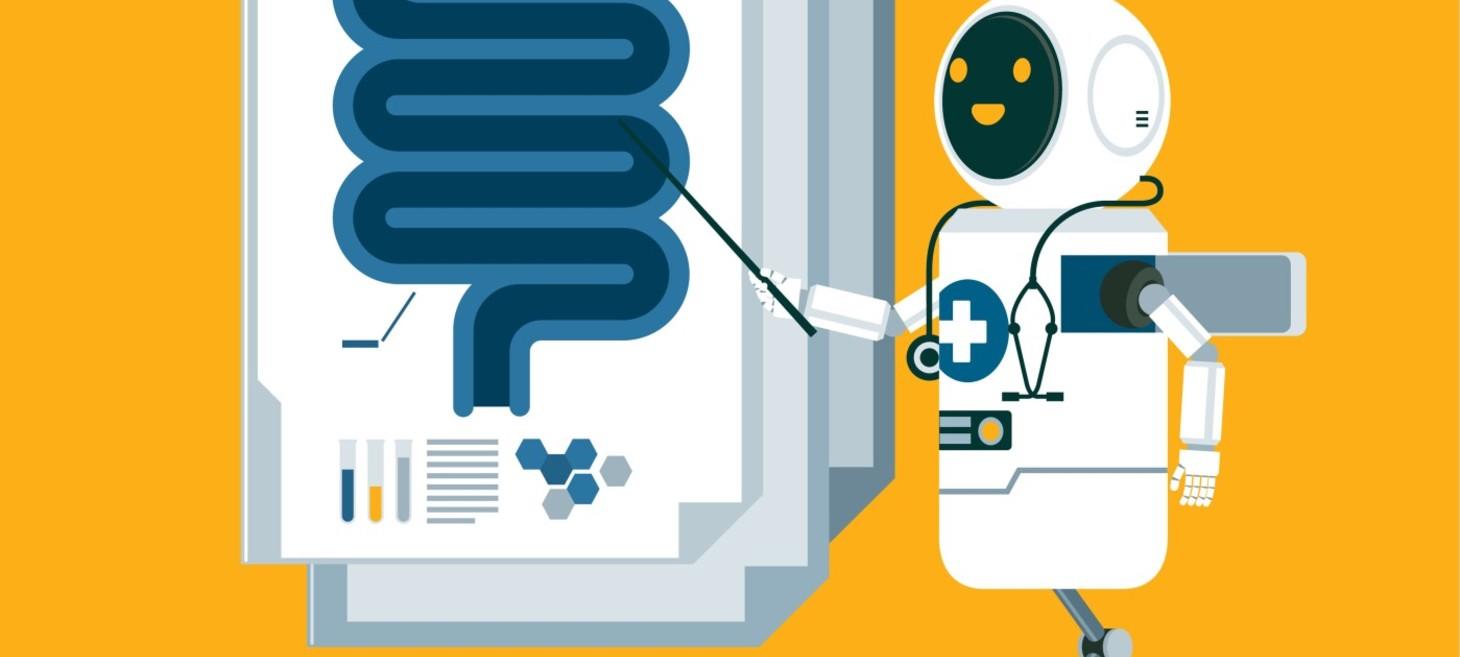
Research suggests doctors might quickly become dependent on AI
This article discusses concerns that doctors may lose some skills when they become overly reliant on artificial intelligence (AI) in their medical practice. A study in Poland found that gastroenterologists, after using an AI-assisted system for colonoscopies, appeared less effective at detecting abnormalities on their own. This suggests that even experienced professionals might quickly become dependent on AI tools. While some experts question the study's conclusions, citing potential statistical variations, the research highlights a "safety-net effect" where the presence of AI may lead to reduced vigilance from human practitioners. The article emphasizes the need for further studies to understand how AI is changing medical workflows and the potential impact on doctors' skills.

Artificial intelligence is here. Will it replace teachers?
This article explores the evolving role of artificial intelligence in education, particularly its potential impact on the teaching profession. While some experts predict AI could exacerbate teacher shortages by eliminating jobs, many educators and policymakers view AI as a valuable tool that can assist teachers, enhance learning, and improve efficiency within the classroom. The text highlights the importance of human connection that teachers provide, which AI cannot replicate, and discusses the need for training and guidance to integrate AI effectively and responsibly into educational settings. Ultimately, the consensus leans towards AI complementing teachers rather than replacing them, serving as a powerful aid to address ongoing challenges in education.

This school principal turned himself into a deepfake AI. What's next?
This article from ABC News explores the growing integration of artificial intelligence (AI) into Australian classrooms, highlighting both its potential benefits and associated concerns. It details how some schools, like Westbourne Grammar, are fully embracing various AI tools for creative tasks and administrative functions, including a principal's AI avatar. Conversely, the text also discusses the hesitation and outright bans of AI in other public school systems due to fears of cheating and the impact on students' critical thinking, referencing an MIT study on brain activity. The article introduces EduChat, an AI tool developed for NSW public schools that focuses on improving writing skills and critical thinking without providing direct answers, while also acknowledging AI's propensity for "hallucinations" or errors. Ultimately, the source examines the evolving role of AI in education, questioning whether it will foster dependence or enhance learning, and reaffirms the irreplaceable value of human teachers.
Human Intelligence
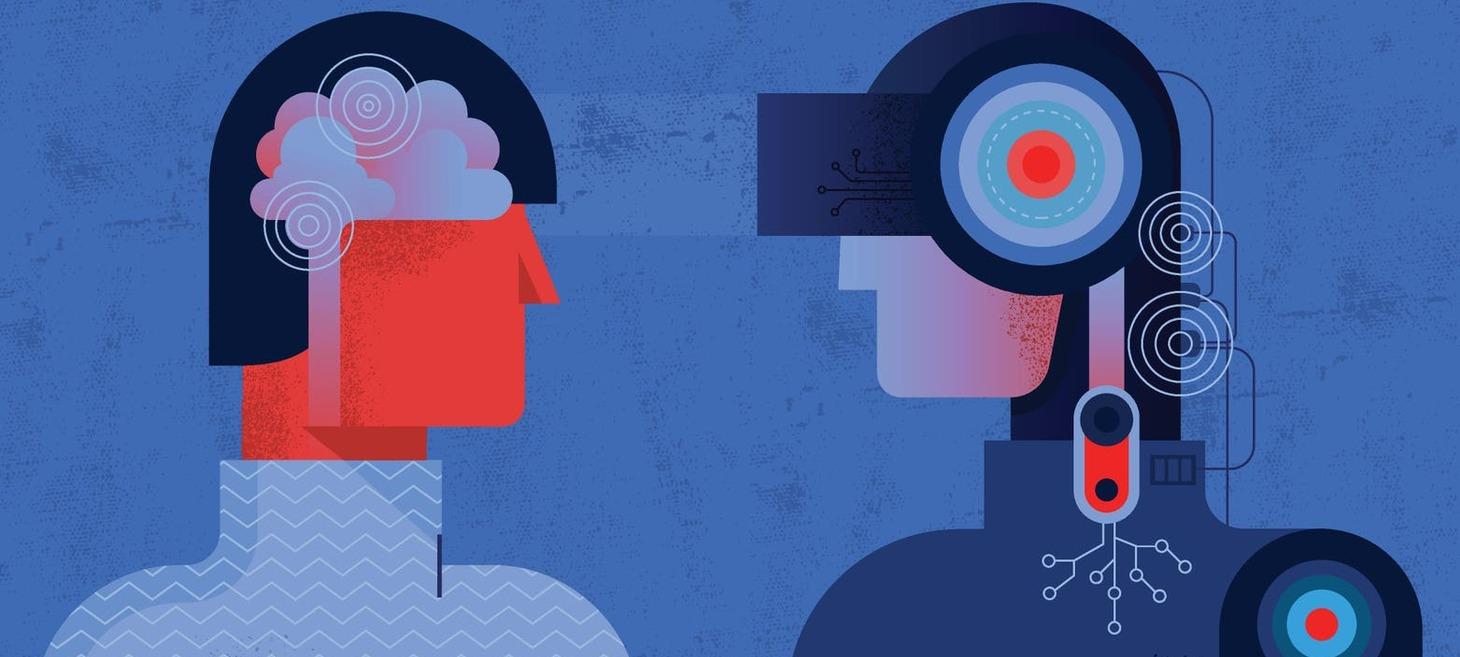
How To Be Human In The Age Of AI
This article from Forbes, titled "How To Be Human In The Age Of AI," was written by Tomas Chamorro-Premuzic, a contributor focusing on the psychology of leadership, tech, and entrepreneurship. This article explores how artificial intelligence is prompting humanity to redefine its essence and evolve. The Forbes content also outlines various topics beyond the specific article, including different categories of wealth, innovation, leadership, money, business, lifestyle, real estate, and consumer product reviews, alongside financial advice, health information, and promotional content from various partners. The core article itself examines humanity's historical self-definition—first against nature and the divine, and now against machines—and discusses the challenges of comparing human and AI capabilities. It advocates for a shift from asking if humans are "better than" AI to focusing on how to be "better with" AI, emphasizing the importance of reclaiming human traits like curiosity, creativity, and empathy in an increasingly automated world. The text ultimately suggests that AI should be viewed as a tool to amplify human attributes rather than diminish them, learning from past technological disruptions like the Industrial Revolution to design a future that centers human flourishing.
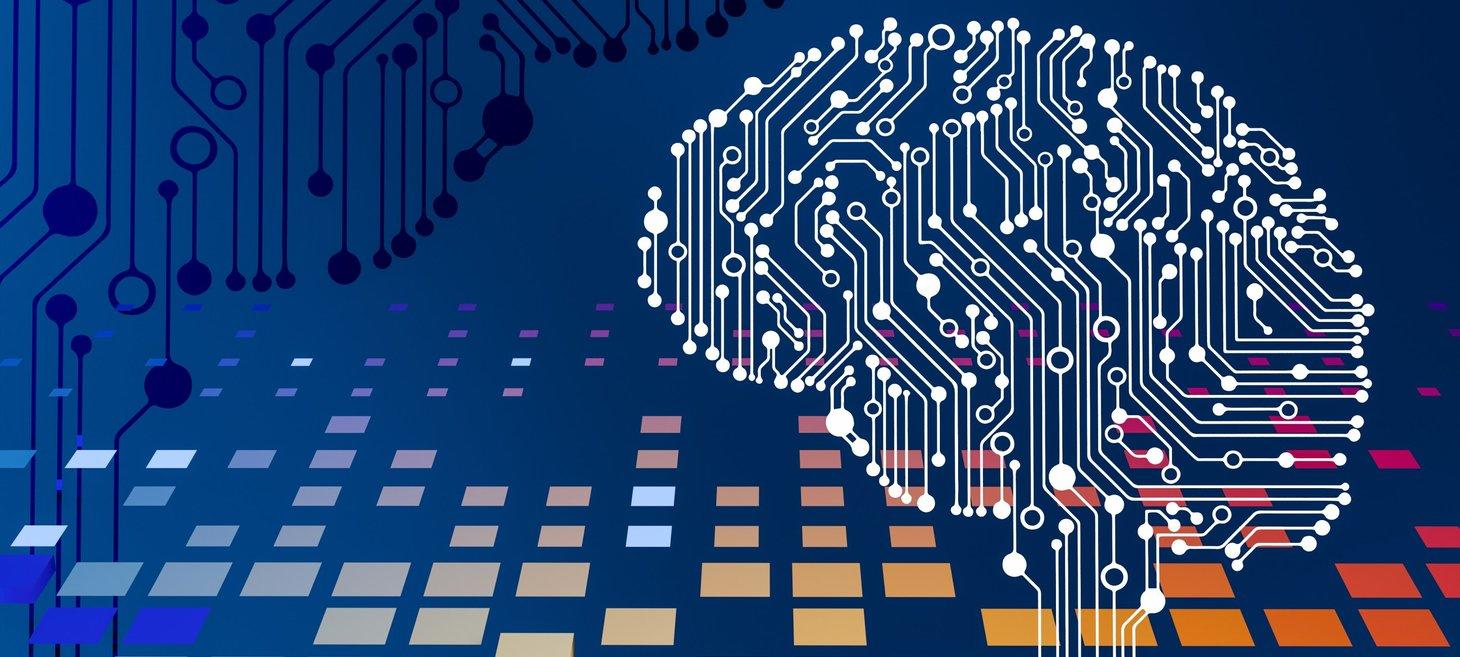
Similarities between human and AI learning offer intuitive design insights
This article explores new research that uncovers similarities between human and artificial intelligence learning processes. Specifically, the study, led by Jake Russin at Brown University, suggests that flexible, quick "in-context" learning in both humans and AI arises after a period of slower, incremental learning, paralleling the interaction of human working and long-term memory. The findings highlight trade-offs between learning retention and flexibility across both systems, indicating that more challenging tasks lead to better long-term memory. This research not only offers insights into human cognition but also provides a foundation for developing more intuitive and reliable AI tools.
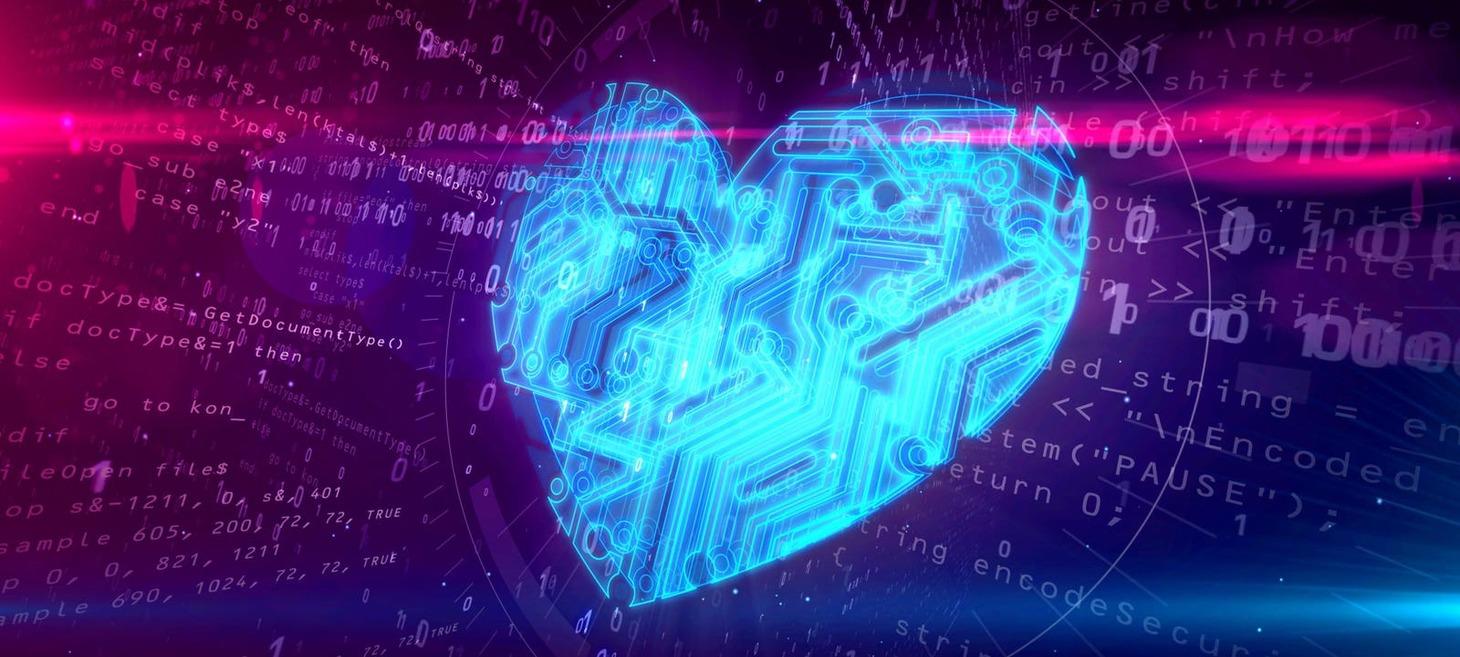
AI May Be Smart, But Can It Have The Emotional Intelligence Necessary For Real Human Interaction?
This Forbes article explores the evolving capabilities of artificial intelligence, specifically focusing on its development of emotional intelligence (EQ). The author argues that while AI excels at cognitive tasks, its ability to understand human emotional nuances is becoming the next crucial frontier. The article details how EQ-enabled AI, through advanced natural language processing and voice analysis, can now detect subtle emotional cues like hesitation, excitement, or stress, moving beyond basic sentiment analysis. This progression is presented as transformative for various business applications, including sales, customer service, and leadership, by offering deeper insights into human interactions and augmenting human emotional understanding.
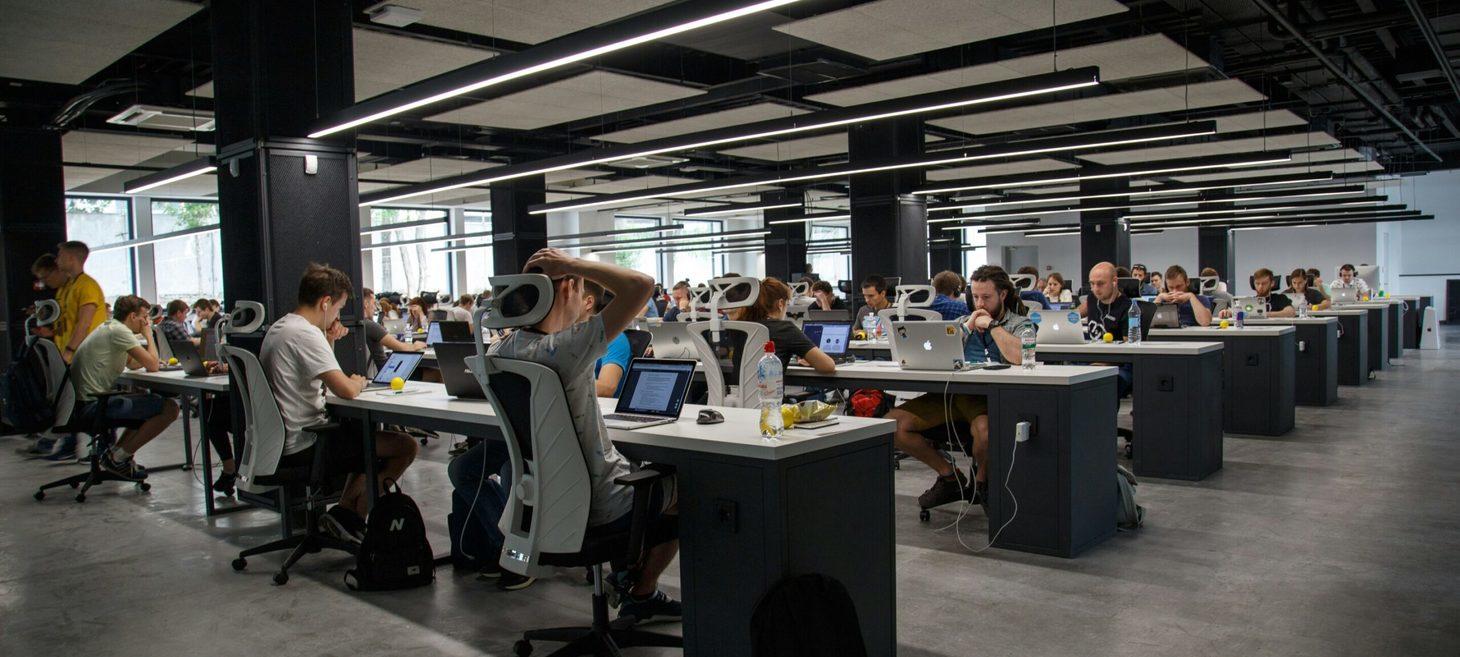
Understanding the Rise of Emotional Intelligence as a Key Workplace Skill in the Age of AI - SSBCrack News
This article from SSBCrack News, explores the increasing importance of emotional intelligence (EI) in the workplace, especially with the rise of AI. It highlights how the World Economic Forum recognizes EI skills like empathy and self-awareness as crucial core competencies. Ron Siegel, a Harvard Medical School professor, emphasizes EI's role in addressing interpersonal challenges that often hinder productivity, asserting that while technical skills can be taught, fostering team harmony is more complex and vital. The article also traces the concept's evolution from Daniel Goleman's influential 1995 book and outlines four key components of EI: self-awareness, self-regulation, social awareness, and social skills. Ultimately, it argues that emotional competence is essential not only for professional success but also for building strong personal relationships in an increasingly AI-driven world.
